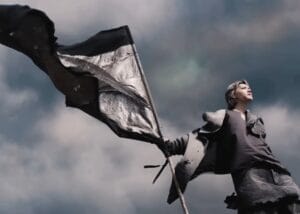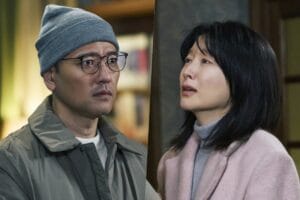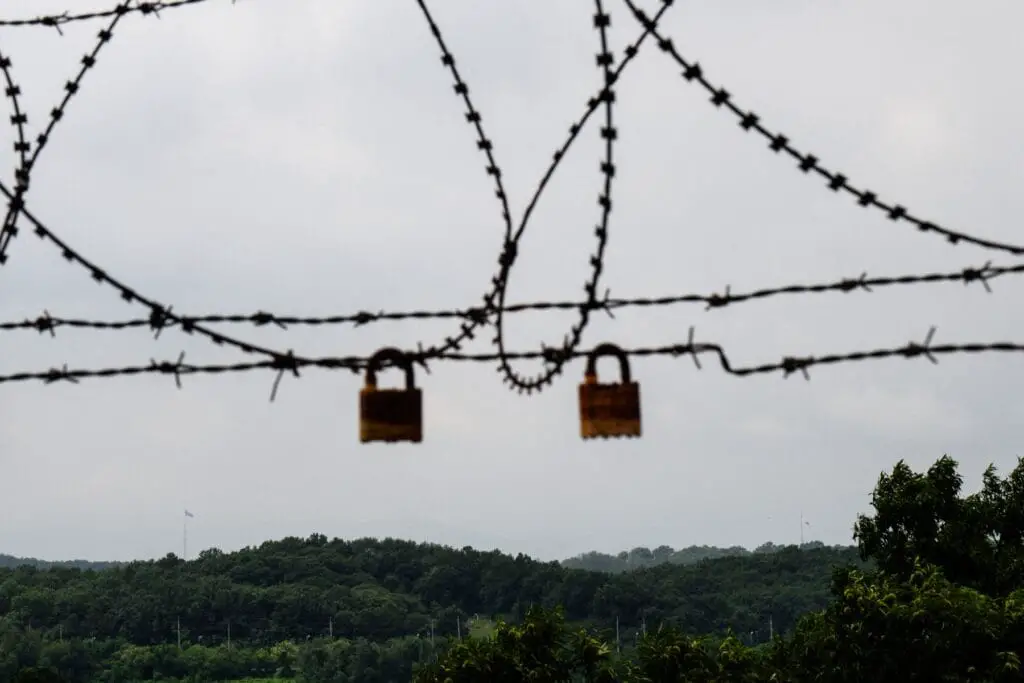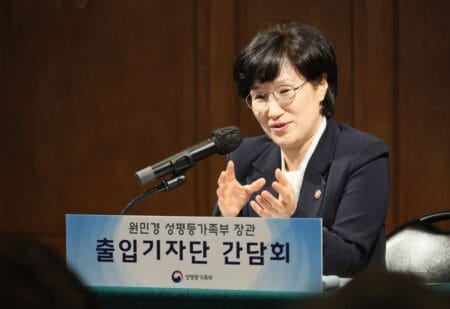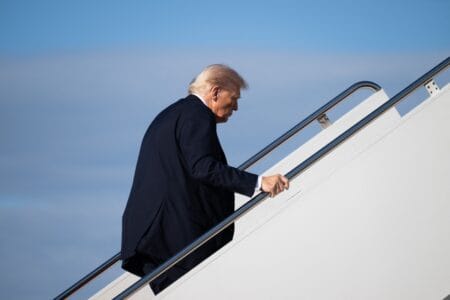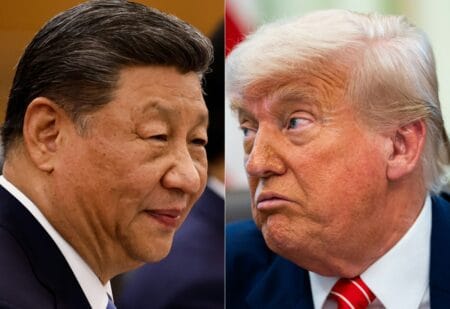July 16, 2025
SEOUL – Chung Dong-young, Lee Jae Myung’s nominee for unification minister, has signaled a sharp turn toward a conciliatory doctrine grounded in engagement, mutual restraint and a softened military posture.
The confirmation hearing for Chung on Monday offered more than a preview of his personal stance on inter-Korean affairs — it provided a window into the likely trajectory of Seoul’s North Korea policy under the new liberal government.
Chung laid out a vision that departs markedly from the previous conservative Yoon Suk Yeol administration’s hard-line North Korea policy — a shift rooted in his rejection of the prior framing of North Korea.
“I do not agree,” Chung said when asked directly whether North Korea should be viewed as South Korea’s “main enemy.”
Chung, who served as unification minister in 2004 and 2005 under then-President Roh Moo-hyun, instead defined North Korea as a “threat.”
“I believe it is the role of our government to create conditions where there is no need for North Korea to launch anything (such as missiles or artillery shells) — and that is fully achievable,” Chung said.
Asked about the reasons behind North Korea’s defining inter-Korean ties as a hostile and belligerent one between two states rather than compatriots, including its designation of South Korea as the “principal enemy,” Chung pointed to the conservative Yoon Suk Yeol administration’s hard-line North Korea policy.
“Everything is mutually reactive. North Korea’s definition of two hostile states is, in my view, a result of both sides taking hard-line positions,” Chung said. “I see it as North Korea’s response to the South Korean government’s labeling of North Korea as the main enemy and its rhetoric around launching preemptive strikes.”
Chung went further, partially attributing North Korea’s 2010 provocations — the Cheonan sinking and the shelling of the island of Yeonpyeongdo, both of which cost South Korean lives — to the conservative Lee Myung-bak administration’s policy of “reciprocity.”
“First of all, in my opinion, North Korea’s response changed as the reconciliation and cooperation policy pursued during the 10 years under Kim Dae-jung and Roh Moo-hyun underwent a complete reversal,” Chung said.
Chung reiterated that North Korea’s response was based on a “principle of hard-line meets hard-line — strength for strength.”
When asked whether the Lee Myung-bak administration’s hard-line policy had partly provoked North Korea’s 2010 attacks, Chung answered: “Yes, that’s correct.”
Chung also pledged to scrap the unification doctrine of disgraced former President Yoon, which emphasized “freedom-based unification,” prioritizing freedom and human rights in North Korea.
“That has failed,” Chung said, arguing that it squarely defies the 1989 National Community Unification Formula, which was based on acknowledging and respecting North Korea’s system. “What is ‘liberation of North Korean residents through freedom’ if not absorption or unification through collapse?”
Chung defined Yoon’s unification doctrine, which was unveiled on Aug. 15 National Liberation Day in 2024, as “born of hostility and hatred.”
Chung further underscored, “Using North Korean human rights as an offensive tool against the North Korean regime is not appropriate.”
“If, for example, the Supreme People’s Assembly of the Democratic People’s Republic of Korea were to enact a ‘South Korean Human Rights Act’ and begin intervening in South Korea’s human rights issues, how would we view that?” Chung said, referring to North Korea’s rubber-stamp parliament.
“That would be a direct violation of Article 2 of the Inter-Korean Basic Agreement, which states that the South and the North shall not interfere in each other’s internal affairs.”
Chung also supported scaling back large-scale field training exercises, which were unilaterally suspended by US President Donald Trump in June 2018, following his first meeting with North Korean leader Kim Jong-un during his first term.
“The combined exercises are intended to reduce North Korea’s threats and ensure peace and stability on the Korean Peninsula. In that sense, I don’t believe staging exercises themselves are the ultimate objective.
“If adopting a flexible approach to military exercises can help ease tensions and improve inter-Korean relations, then it’s certainly something worth discussing.”
Chung explained the allies can focus on conducting command post exercises based on computer simulations without a field training component, as they did during the Moon Jae-in administration.
On regaining wartime operational control from the US, Chung said it was “a natural step for an independent and sovereign nation,” but added that doing so within the next five years may be unrealistic.
Chung also criticized the United Nations Command for restricting South Korea’s non-military access to the Demilitarized Zone, such as the shipment of humanitarian supplies across the Military Demarcation Line separating the two Koreas to North Korea.
“It is unacceptable, in my view, that non-military and peaceful activities require approval from the UN Command and are subject to its restrictions.”
However, Chung gave an affirmative response when asked about the necessity of the stationing of US Forces Korea.
“The consistent position of successive Democratic Party administrations has been that the presence of US forces in South Korea is necessary for the long-term stability and balance of Northeast Asia,” he said.
Concerning the idea of South Korea’s independent nuclear armament, Chung disagreed. “It’s unrealistic. How could we possibly acquire nuclear weapons? Would we break the alliance? How would we persuade the US?”
dagyumji@heraldcorp.com
